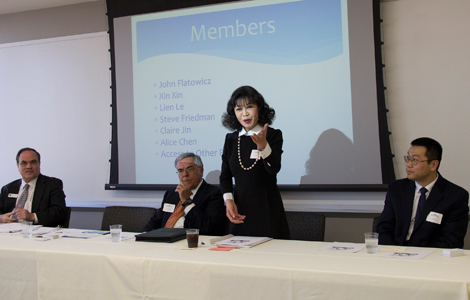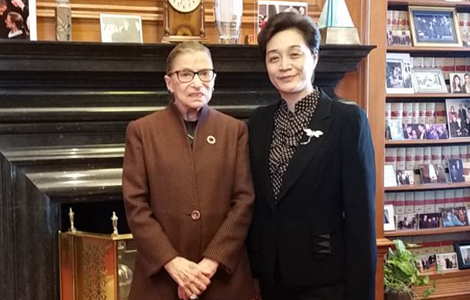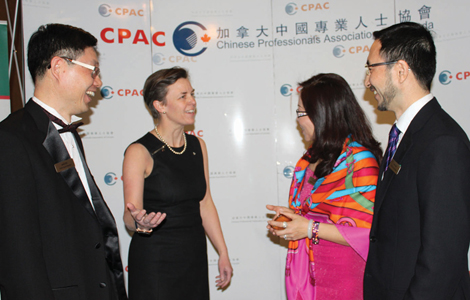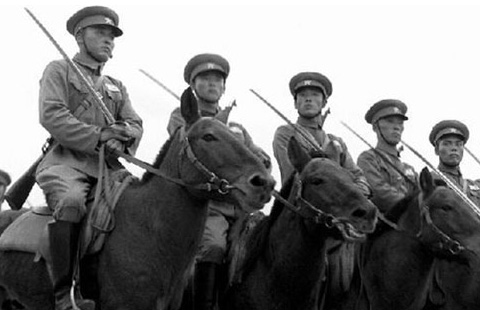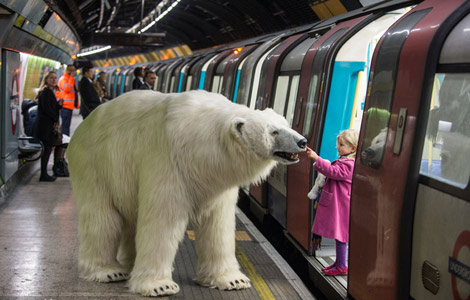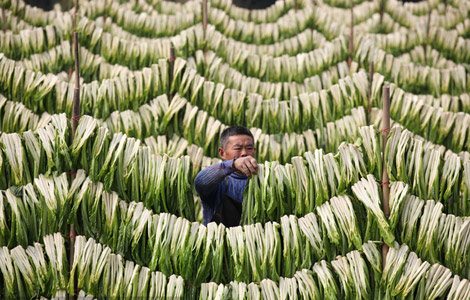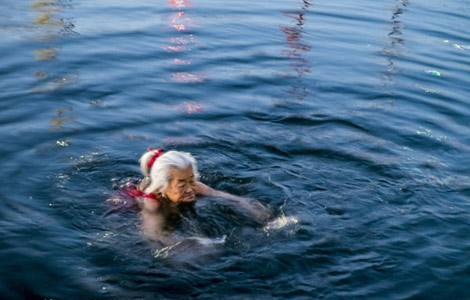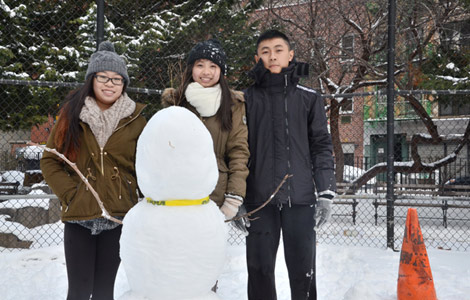Raul Castro warns US against meddling in Cuba's affairs
Updated: 2015-01-29 08:48
(Agencies)
|
||||||||
SAN JOSE - Cuba will not accept any interference from the United States in its internal affairs, President Raul Castro said on Wednesday, warning that meddling would make rapprochement between the two countries "meaningless".
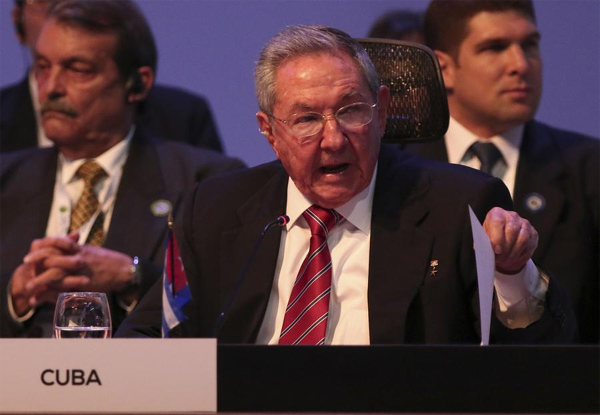 |
|
Cuba's President Raul Castro speaks during the Community of Latin American and Caribbean States (CELAC) summit in San Antonio de Belen in the province of Heredia January 28, 2015, in this handout courtesy of the Costa Rica Presidency. [Photo/Agencies] |
His comments came after US Assistant Secretary of State Roberta Jacobson, the highest-ranking US government official to visit the island in 35 years, held talks with Cuban officials on restoring diplomatic relations. Jacobson also met Cuban dissidents, annoying Cuban officials.
"Everything appears to indicate that the aim is to foment an artificial political opposition via economic, political and communicational means," Castro told a summit in Costa Rica.
"If these problems are not resolved, this diplomatic rapprochement between Cuba and the United States would be meaningless," he said.
Castro made it clear, however, that he was committed to the talks despite his concern that Washington might try to stir up internal opposition within Cuba through greater telecommunications access and the Internet.
Castro said during the visit with American diplomats that Cuba had proposed that it be removed from a blacklist of state sponsors of terrorism, and the return of the US Guantanamo naval base.
The Cuban leader also urged US President Barack Obama to use executive powers to ease a decades-long embargo against Cuba, saying Washington could extend measures like those announced for telecoms to other areas of the economy.
While Obama can gut much of the embargo, only Congress can lift it completely. Obama has asked Congress to do so, and has started by easing restrictions on telecommunications companies in Cuba, among other measures.
Any US companies would have to reach an agreement with Cuban authorities before doing business on the island.
Castro reiterated that he has no plans to budge from Cuba's single party political system, although observers have said that does not rule out the possibility that independent politicians might be given space to run for local elections in the future.
Castro said Obama's decision to hold a debate in Congress about eliminating the embargo was "significant", adding that he was aware that ending it "will be a long and hard road".
The historic high-level talks between United States and Cuba in Havana are expected to lead to re-establishment of diplomatic ties that were severed by Washington in 1961.
- Raul Castro: Cuba, US have agreed to restore diplomatic ties
- Raul Castro warns of anti-Cuba 'campaign'
- Fidel Castro appears to lend support to Cuba talks with US
- Cuba opens 'a new chapter' with US
- Historic US-Cuba talks shift to restoring diplomatic ties
- Disagreement remains as US, Cuba end migration talks
- US wants end to travel curbs, set up embassy in Cuba talks
- US, Cuba work to normalize relations
Most Viewed
Editor's Picks

|

|

|

|

|

|
Today's Top News
China's train makers to court investors on road show
US, China expected to lead on climate talks
Weighing in on justice in China
China wants US to help build trust on maritime disputes
Yahoo to spin off Alibaba shares
China opens market to all US apples
Parade will commemorate victory over Fascism
Expatriates to be lured for startups
US Weekly

|

|
